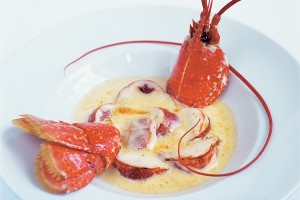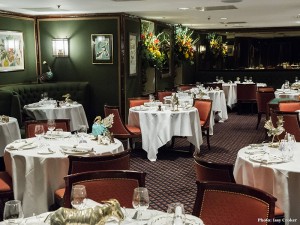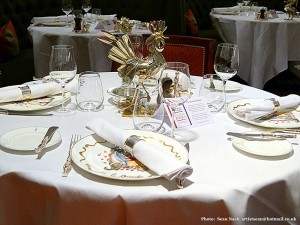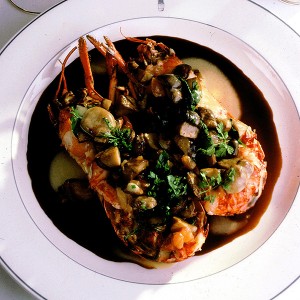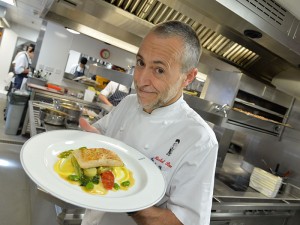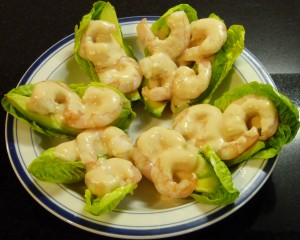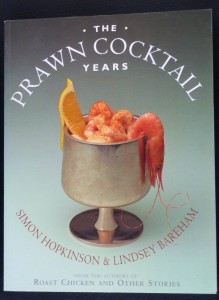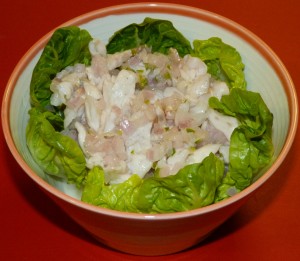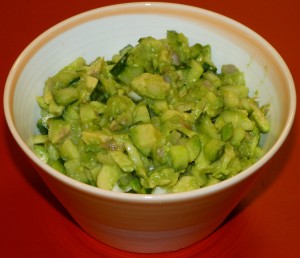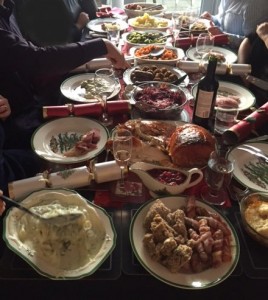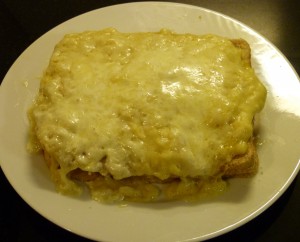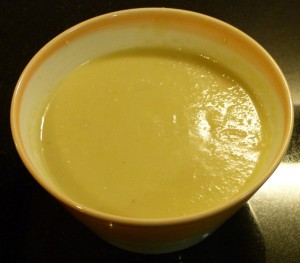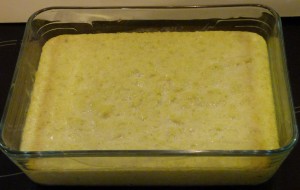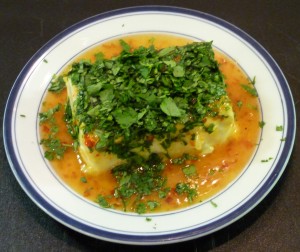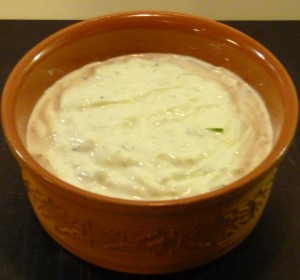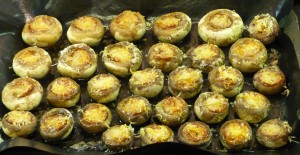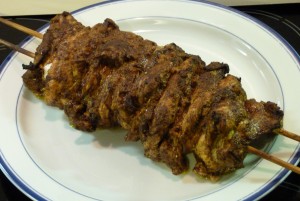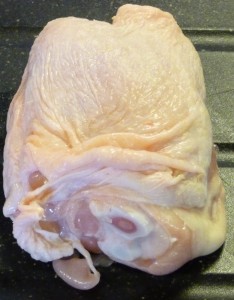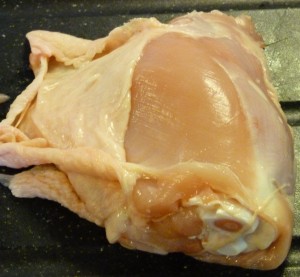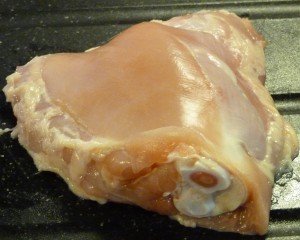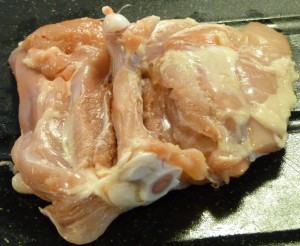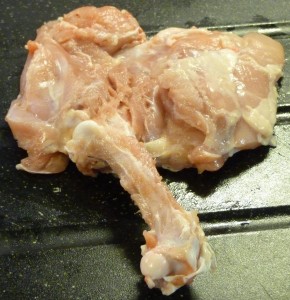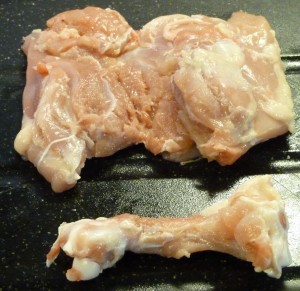Sunday 6 December 2015
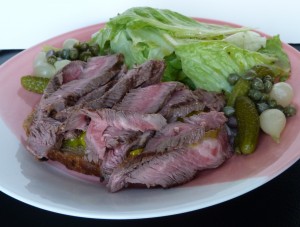
Wellington Sandwich
Apologies to those who’ve noticed that I have neglected this blog for a week or two but life is strange.
I am fortunate in enjoying what is often referred to as ‘rude’ health’. What this means is that in general terms and other than the odd seasonal ailment, I am in good health to the point where it is taken for granted.
But back in the summer I suddenly became aware of a tingling in my lower left leg. This was not by any means unpleasant but clearly not normal. I did the usual homework on the internet and what emerged was that this is not uncommon with a number of possible causes, none of which was life-threatening, but if it persisted, a visit to the doctor was recommended.
So, after a few weeks, I saw my doctor who recommended a blood test to try to ascertain a cause. What emerged appeared to be little more than a vitamin D deficiency, something that affects a large portion of the population of this sun-starved island. The recommended remedy was a course of a Vitamin D3 supplement.
Being somewhat drug-averse, I opted for a ‘natural’ brand from a health food shop and started taking the pills daily. After a week or two I became conscious that the tingling had indeed stopped, but equally conscious that it had been replaced with an itch in the centre of my left shin.
I was careful only to rub rather than scratch the itch but nonetheless, after another week or two it had erupted into an open sore. At about the same time I became aware that my right leg itched in exactly the same place.
This situation continued for a few weeks and then suddenly out of the blue I noticed half a dozen tiny spots on the underside of my right forearm. Over the next week I became aware of tiny insect bite-type sores on my arms and legs. At this point I decided I should go back to the doctor. By the time of my appointment just under a week later, my arms and legs were covered in spots/sores.
By this time I had concluded that it was highly likely that I was having some kind of allergic reaction to the vitamin D3 pills and stopped taking them. A quick check on the internet revealed that this condition while not common, is certainly by no means unknown and the symptoms are those that I was currently displaying.
The doctor had no instant answer but also thought it likely that I had a D3 allergy. She told me to stop bathing with soap and recommended using a liquid paraffin preparation which cleanses and softens the skin. She prescribed some antihistamine and an antiseptic cream to use on the open sores and told me to use a moisturiser on my arms and legs.
In addition she prescribed a lotion to rub all over my body from the neck down but did not actually tell me what this would for. I was somewhat surprised to find that this was an insecticide used to get rid of pests like scabies mites, head lice, etc.
While such a condition could certainly not be ruled out, the pattern of my sores did not seem to be the same as might be expected with scabies so I opted not to use it.
She told me that if there was no improvement within a couple of weeks I should come back to see her.
Over the next few days, the condition became progressively worse and in addition to my arms an legs, sores started to appear on the backs of my hands.
At the end of the first week, both of my upperarms were suppurating badly and so, after a 111 call, I saw an out-of-hours GP very late the same night. She said my arms were infected and prescribed antibiotics to start taking immediately.
With no improvement (rather a worsening) the next day I went back to see my GP who, in addition to the antibiotics, antihistamine, liquid paraffin, and moisturiser, prescribed a course of steroids. After a week of this new regime, it is finally starting to clear up and I can see the possibility of an end to the problem.
He also set the wheels in motion for me to see a skin specialist which I hope can cast some light on the cause of this problem, albeit with his hands somewhat tied behind his back, as by the time I see him, I’m hoping all trace of the rash will have gone.
It is pretty scary that something as simple and innocent as starting a course of a vitamin supplement can have such a dramatic and deleterious effect.
What is bizarre, and lends support to the premise that this is indeed a vitamin D3 allergy, is that at its worst, I looked like I had been in the sun with a tee-shirt on since I had no rash or colouring on the tops of my arms, shoulders, chest and upper back but appeared bright red down my arms, legs and around my waist at the back, as if the parts of me that do not normally get any sun couldn’t care less, but the bits that are exposed had somehow protested at the D3 supplement!
Now, you may be wondering what all this has to do with the Wellington sandwich pictured at the top of the page, but that is an overlapping story
A couple of weeks ago just as the rash was getting into its stride and when I might reasonably have been expected to write the next part of my blog, I drove to Waterloo (in Belgium, not South London). I had read that the famous battlefield had had a makeover for its 200th anniversary and I thought it would be interesting to see what had been done.
Waterloo lies about 20 km south of Brussels and is about 2 hours drive from Calais. Almost shockingly at the top of the motorway exit ramp one is greeted by the centre of the battlefield, so no problem finding it!
This is evidenced by a monstrous mound with a statue of a lion on top, actually built to commemorate the death of the Prince of Orange who died there. It is is visible for miles around.

The Mound and Panorama
It is indeed fortunate that they did not build something similar in memory of everyone who died at the battle! I am reminded of Prince Charles’ description of some not very nice building as ‘a monstrous carbuncle on the face of a well-loved uncle’.
In 1815 there was little else there but a crossroads and a tree and in creating this humungous mound, vast areas of the battlefield were excavated, utterly destroying its very nature. Next, in the 1840s a large building was constructed adjacent to the mound to house a vast panorama of the battle. Since then a visitor centre and a hotel/restaurant had been built. They now call it the ‘Hameau de la Butte’ or Mound Hamlet – and all where there was nothing at all at the time of the battle.
For the 200th anniversary, a new underground Memorial/Museum has been built. The existing buildings (all now closed but for the panorama and the restaurant part of the hotel, now named simply the Brasserie RN) are apparently to be demolished thus reopening much of the area. It would have seemed clever to demolish them for the 200th anniversary but it was not to be.
The sad part for me is that with the new Memorial has come a new commercialisation. Last time I was there I freely ascended the 200-odd steps to the top of the mound to survey the field. Now one has to buy the €19 entrance ticket for the Memorial to enjoy this.
However, first things first, and having arrived hotfoot from Calais without having had my customary breakfast on the P&O ferry (as I came via the Channel Tunnel on this occasion) I was hungry so thought I would have a little ‘je ne sais quoi’ in this Brasserie RN.
As I only wanted something light like a sandwich, my choices were limited and it was either that French classic, a Croque Monsieur, or the Wellington sandwich featured here. I ordered the Wellington, determined not to like it on principle. Either of the sandwiches came with an optional cup of soup for another €2 so I ordered this.
Despite my misgivings, the sandwich was lovely, comprising a heap of beautifully, nay, perfectly rare roast beef atop a slice of black bread covered in piccalilli (unlike my copy in the picture above which is made with thin slices of ribeye steak – easier to come by in small quantities than rare roast beef!). Both the salad and the soup were also most enjoyable.
Having had lunch, I went in search of some of the other famous buildings that made up the patchwork of the battle. The whole field is enormous, as it would have to be to accommodate armies of approaching 100,000 on either side.
The town of Waterloo, little more than a village in 1815 has sprawled massively, merging seemingly seamlessly with the smaller Braine L’Alleud such that the two are effectively now one and a veritable maze of housing estates. Much as I criticise the Lion Mound, I was grateful for its presence on a couple of occasions while trying to find my way back to it from Braine L’Alleud, as it is pretty hard to miss in that flat landscape.

Hougoumont
So I first drove to the farm/chateau of Hougoumont, a couple of kilometres away, which saw the opening action on the day. Last time I was there, I recall it looking a bit sorry for itself and it appeared to be still a working farm. It has now been considerably restored back to its 1815 condition and is now part of the Memorial Museum complex. Vivid images remain of British foot guards trying desperately on the inside to push shut that gate against a crowd of assaulting French infantry.

Mont St. Jean
On the other side of the Lion Mound from Hougoumont and lying along the main road from Brussels/Waterloo to Charleroi, lies the farm of Mont St. Jean (interestingly the name used by Napoleon to refer to the battle), which was used as a field hospital for the allies. This had fallen into rather sad disrepair over the years but following a long rebuilding project has been extensively restored to its former glory.
But equally sadly it is now used as a brewery and houses a restaurant and beer-shop, not exactly in the best of taste.

The car park at Mont St. Jean
Further south along the Waterloo/Charleroi road on the other side of the road lies what is probably my favourite building at Waterloo, the farm of La Haie Sainte, broadly similar in appearance to Mont St. Jean.

La Haie Sainte
This farm was the nearest building to the French lines and was held by the King’s German Legion (part of the British army but made up of Germans from the original territories of the English King George). It was defended gallantly against repeated attacks by the French, desperate to capture it because of its close proximity to their own lines. It looks stately and dignified and much as it has always been depicted.
Just a hop and a skip and a jump south of La Haie Sainte in what would have been the centre of the French lines, lies La Belle alliance, the appropriately named inn where Wellington met up with Marshall Blücher at the close of the battle, the two men meeting then for the very first time.
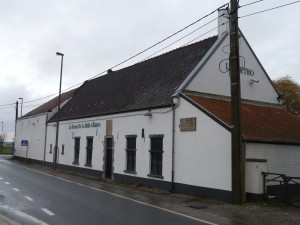
La Belle Alliance
It is in exceptional condition for its age and now renamed Le Rétro, is, of all things, a disco/nightclub. If the Great duke, Marshall Blücher or Napoléon knew, I’m sure each would turn in their respective graves.
A recent TV program compared Napoléon and Wellington, looking at their individual achievements, and about Wellington, it may be said that he defeated Napoléon at the Battle of Waterloo, while Napoléon on the other hand conquered half of Europe, made himself Emperor of France, introduced the Code Napoléon, the French legal system still in use today, and basically sowed the seeds of what we now recognise as modern Europe.
It is not for nothing that those wars are known as the Napoleonic Wars!
